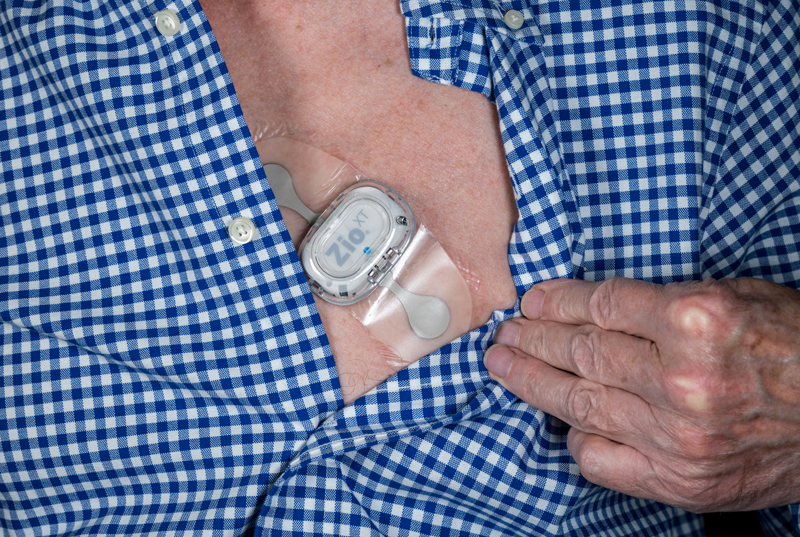Managing arrhythmias over the long term requires continuous monitoring and timely intervention. ECG Holter monitoring plays a critical role in identifying patterns of arrhythmias, assessing the effectiveness of treatments, and guiding clinical decision-making. Unlike standard ECG tests, Holter monitors provide extended recordings, capturing intermittent arrhythmic events that might otherwise be missed.
A study published in The European Journal of Cardiology demonstrated that Holter monitoring significantly improved arrhythmia detection in patients with a history of palpitations and unexplained syncope. The study found that 48-hour and 7-day Holter monitoring yielded a 35% higher diagnostic accuracy compared to single ECG readings, allowing clinicians to tailor treatment strategies more effectively. This is particularly relevant for conditions such as paroxysmal atrial fibrillation, which may not be captured in routine ECG tests but can lead to severe complications like stroke if left undetected.
Long-term arrhythmia management benefits from periodic Holter monitoring, particularly for patients with atrial fibrillation (AF), ventricular tachycardia, and post-ablation recovery cases. In the UK, the NHS has implemented guidelines recommending Holter monitoring for AF patients to assess heart rate control and the effectiveness of antiarrhythmic therapy. European healthcare systems have similarly adopted continuous ECG monitoring to improve treatment outcomes and reduce hospital readmissions.
Additionally, advancements in digital health have introduced wireless Holter monitors, allowing patients to record ECG data without the inconvenience of traditional wired devices. These innovations, combined with AI-driven analysis, enable more accurate and efficient arrhythmia detection. Remote monitoring technology has also improved patient compliance, as individuals can undergo longer monitoring periods without disrupting their daily activities.
Healthcare professionals are increasingly using Holter monitoring not only for diagnosis but also for ongoing assessment of treatment efficacy. Beta-blockers, calcium channel blockers, and anticoagulation therapies often require adjustments based on patient responses, and Holter data provides clinicians with valuable insights into whether these medications are effectively controlling abnormal rhythms. Patients who have undergone catheter ablation procedures also benefit from periodic Holter monitoring to detect recurrences of arrhythmias and guide further treatment decisions.
As healthcare moves towards a more personalised approach, ECG Holter monitoring remains a cornerstone in the management of chronic arrhythmias. Future developments in wearable cardiac technology, AI-driven analytics, and remote health solutions will further enhance its role in personalised cardiovascular care, ultimately improving patient outcomes and reducing hospitalisation rates.
Reference: Brown, P., Schmitt, N., & Heeringa, J. (2022). Long-term ECG Holter monitoring in arrhythmia management: A European perspective. European Journal of Cardiology, 45(3), 410-419. https://doi.org/10.1093/eurjcard/ehab998
